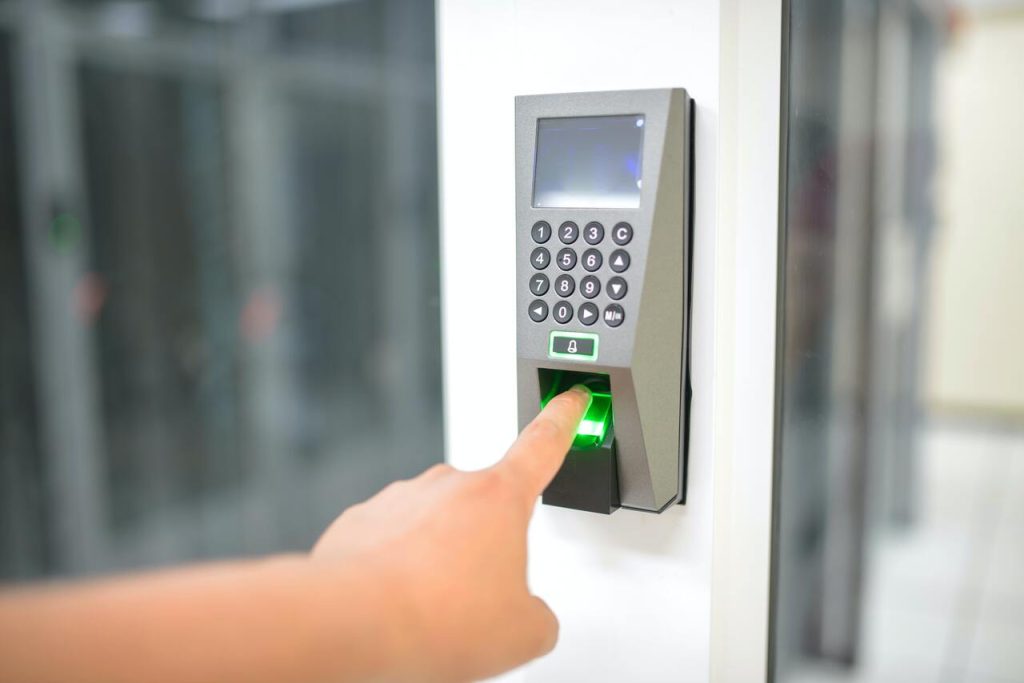
In recent years, the corporate world has been abuzz with the integration of biometric security. While it began with conspiracy theories, fingerprint biometric verification on smartphones has become normalised. Biometric system face recognition for physical security is also on the rise, but Worldcoin may have taken things a step too far.
Worldcoin is a project co-founded by Sam Altman – the OpenAI CEO. The project is introducing a potentially revolutionary yet controversial biometric method involving iris scanning. This development offers a closer look at what the public deems too invasive.
The Worldcoin Initiative
Worldcoin’s mission is anchored in creating a decentralized proof-of-personhood solution, a venture that attempts to marry technology with the unique physical attributes that we all posses. Central to this initiative is the Orb, a pricey device designed to scan individuals’ irises to establish a unique ID, a World ID, leveraging cryptographic techniques to maintain security and privacy. To overcome the cost, they are placed locally in the community for many people to access – rather than having one for each user.
The project has received lots of accusations and criticisms, with concerns raised over privacy and security issues surrounding the Orb, and the ethical considerations of such a biometric approach that may attach with it so much personal information.
Privacy and Biometric Security
Biometric security systems, while offering enhanced security, tread on the potentially precarious ground when it comes to privacy. Worldcoin attempts to navigate this landscape with a commitment to safeguarding user privacy through cryptographic techniques, including the use of zero-knowledge proof technology.
Despite these measures, the initiative faces scrutiny, with critics pointing to potential privacy leaks and the risk of creating a system that might be perceived as invasive. The use of iris scans, in particular, has raised eyebrows, with debates centred on the depth of personal data that such scans can reveal, and the potential for misuse.
Of course, the device is physical too, meaning it has the potential for backdoors or tampering with. Or, quite simply, somebody using a separate person when signing up, thus having a mismatched biological reference.
Centralization and Corporate Control
As corporations get stuck into biometric security, concerns over centralization become more pronounced. Worldcoin, while aiming for decentralisation, faces the challenge of mitigating centralization risks inherent in its governance structure.
The project operates under a structure where a Worldcoin-affiliated entity, Tools for Humanity, oversees the manufacturing of the Orbs, albeit with plans to transition to a more decentralized system managed by a DAO. This approach, while promising, brings to light the broader implications of corporate control in biometric security systems, stirring discussions on user autonomy and the potential for misuse in a corporate-controlled setting.
However, corporations employing face scans do not come under quite the same scrutiny, likely because the amount of information attached to their system is limited. For example, a simple door lock that opens an office doesn’t have the same data breach risks as a currency regarding one’s spending patterns.
Conclusion
As Worldcoin ventures into the uncharted waters of biometric security, it poses just as many problems as it does solutions. The project, while ambitious and potentially revolutionary, finds itself at the intersection of technological advancement and ethical considerations.
Ultimately, the future of biometric security may not just lie in the technology, but the acceptance and willingness of the public to use it. And, unfortunately, even functioning and competent solutions may face resistance at a time when there’s vast scepticism over a cashless society and technological surveillance.





